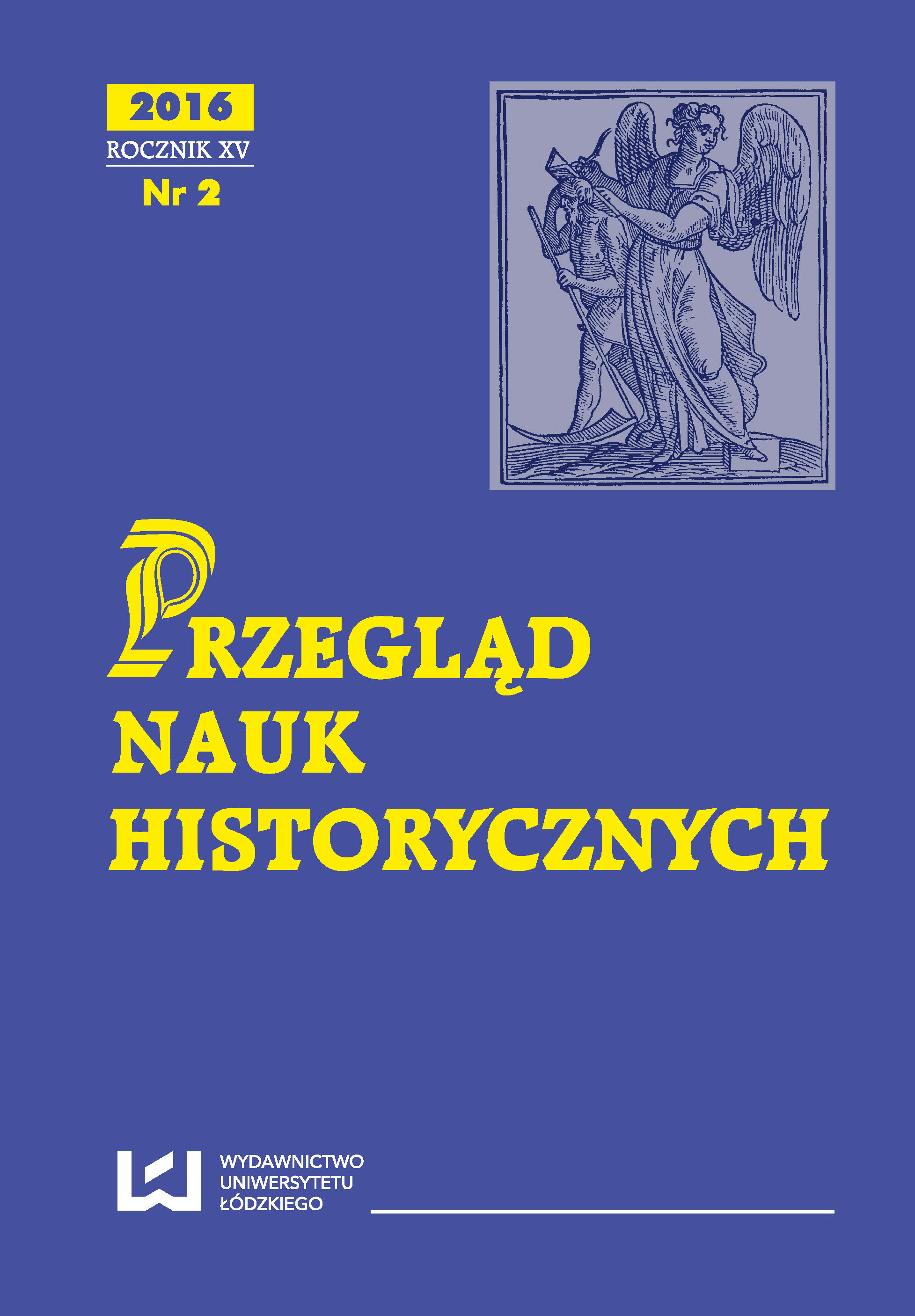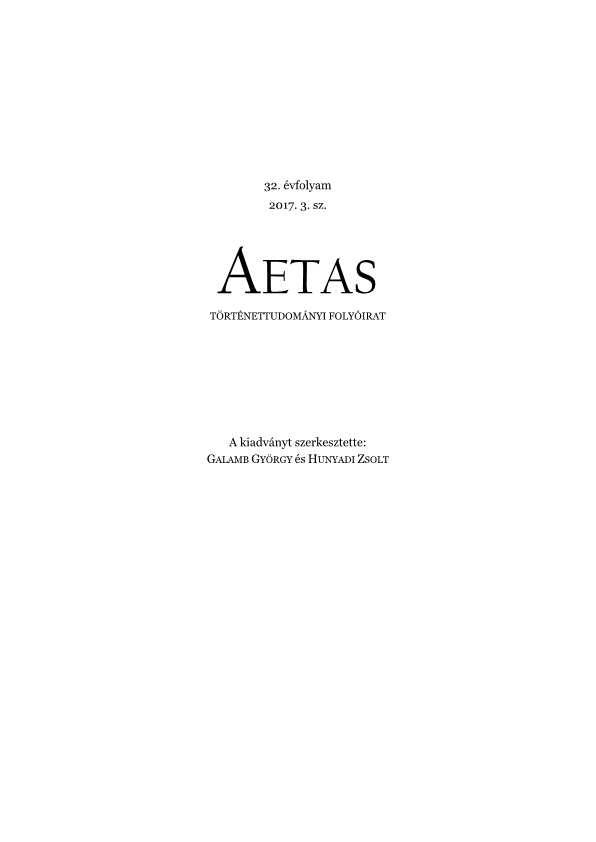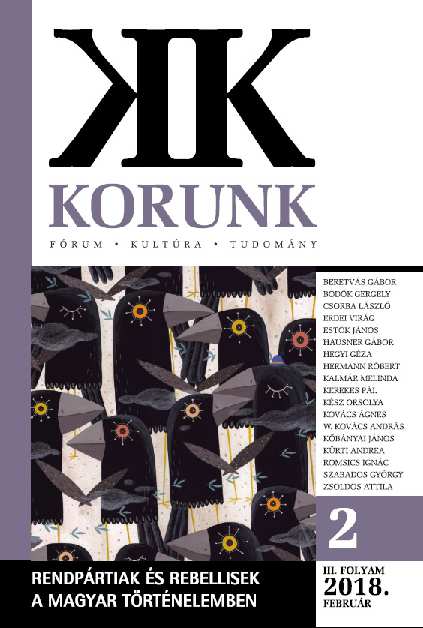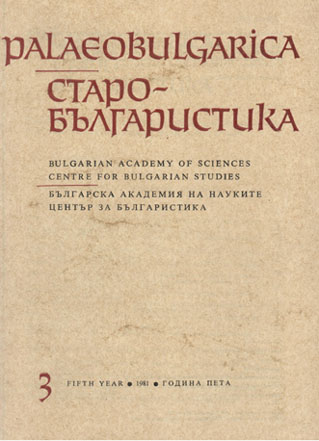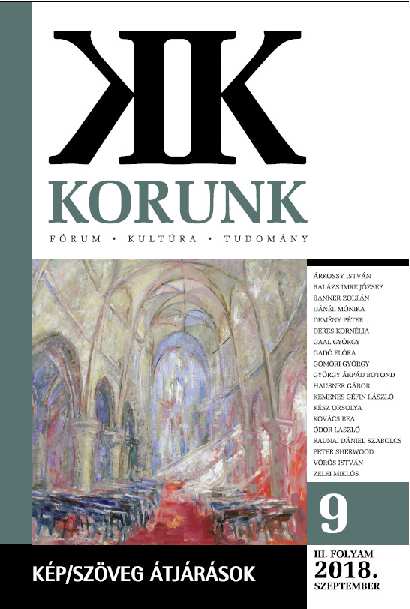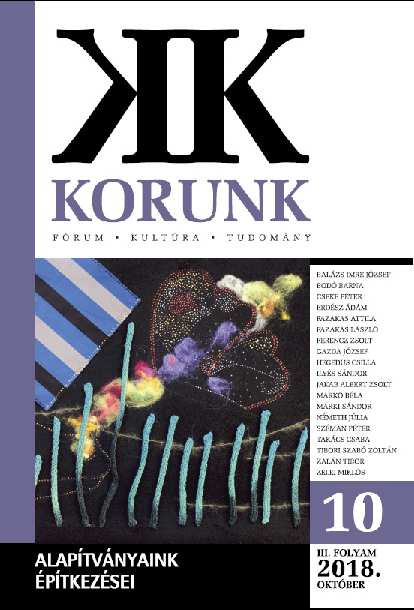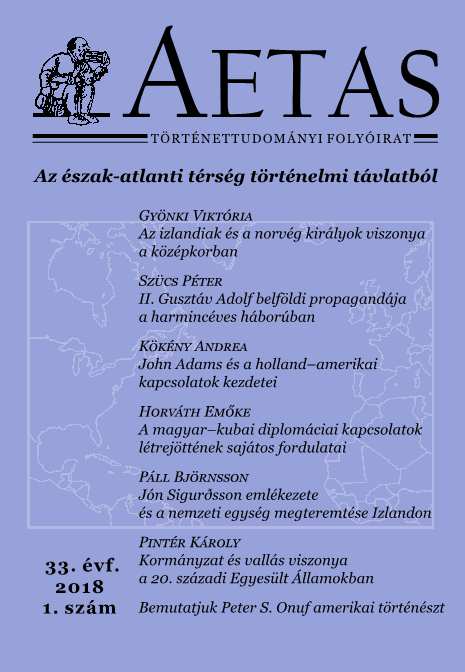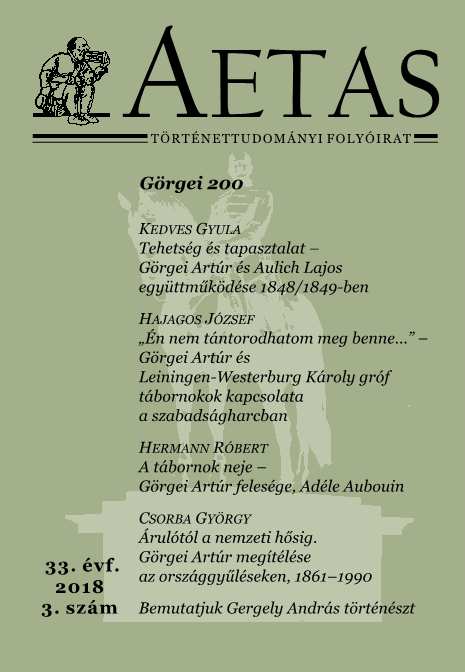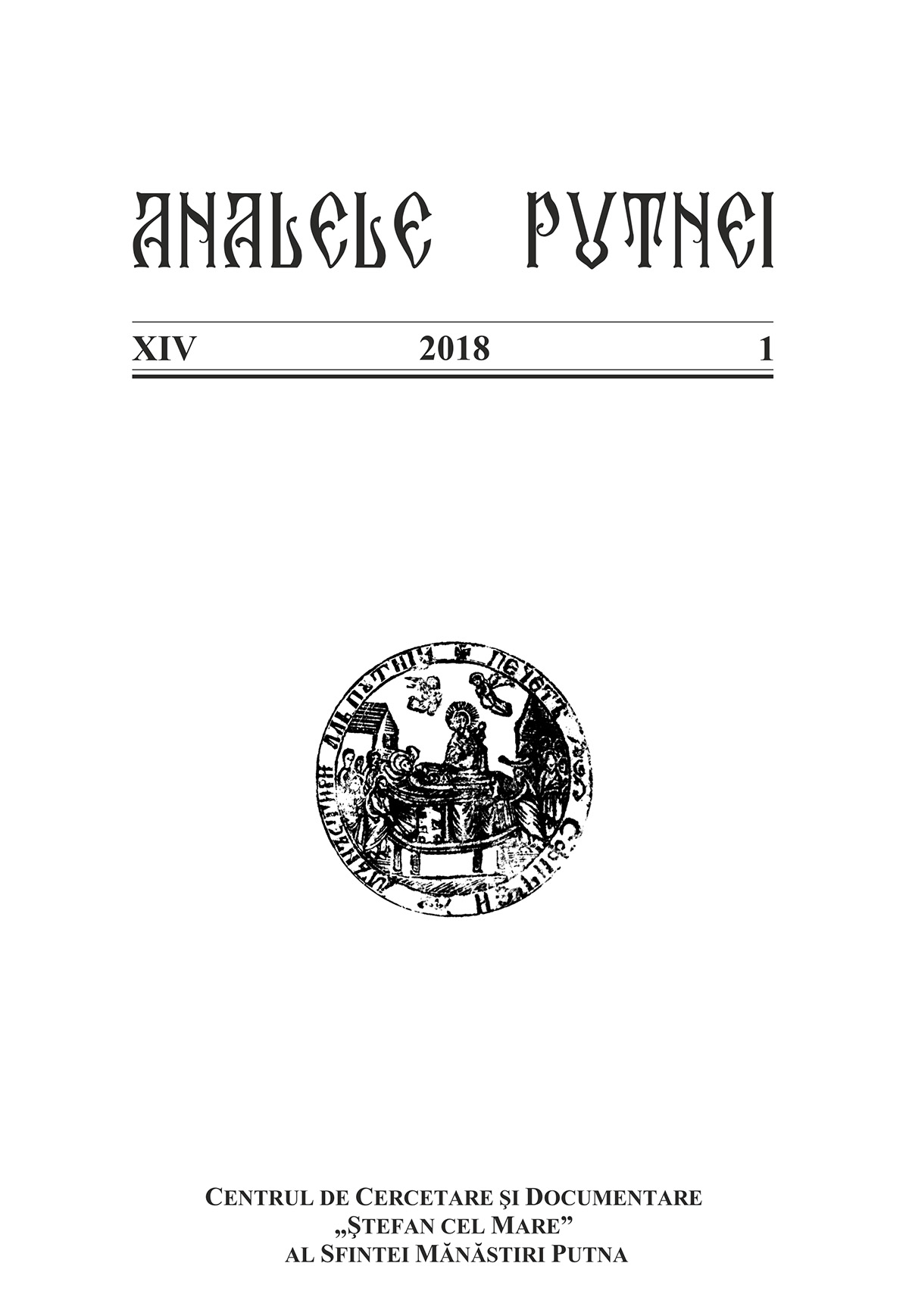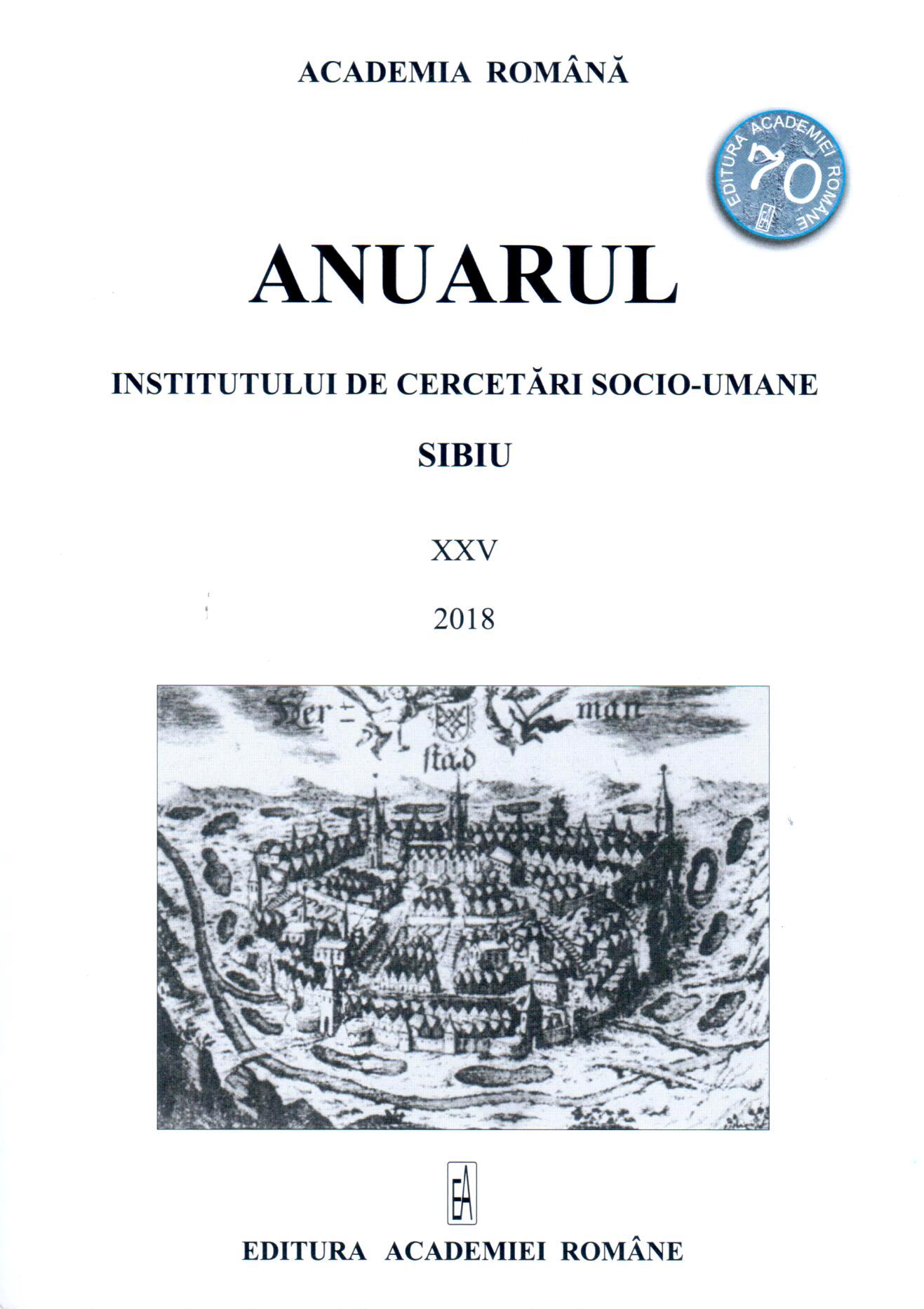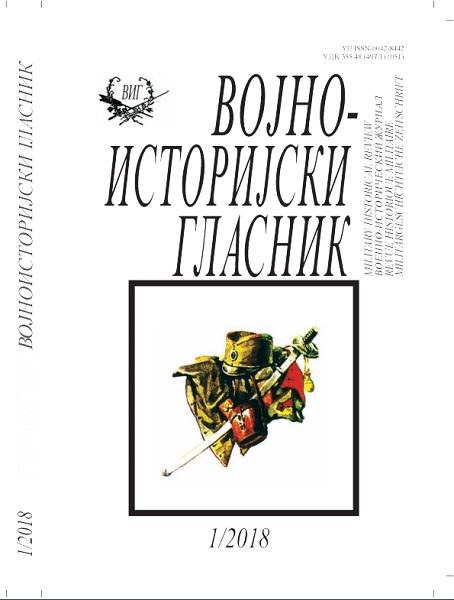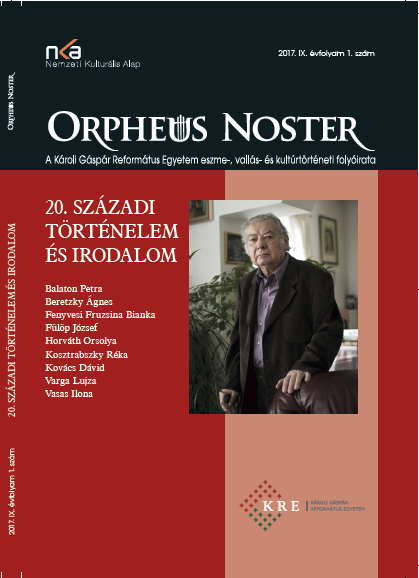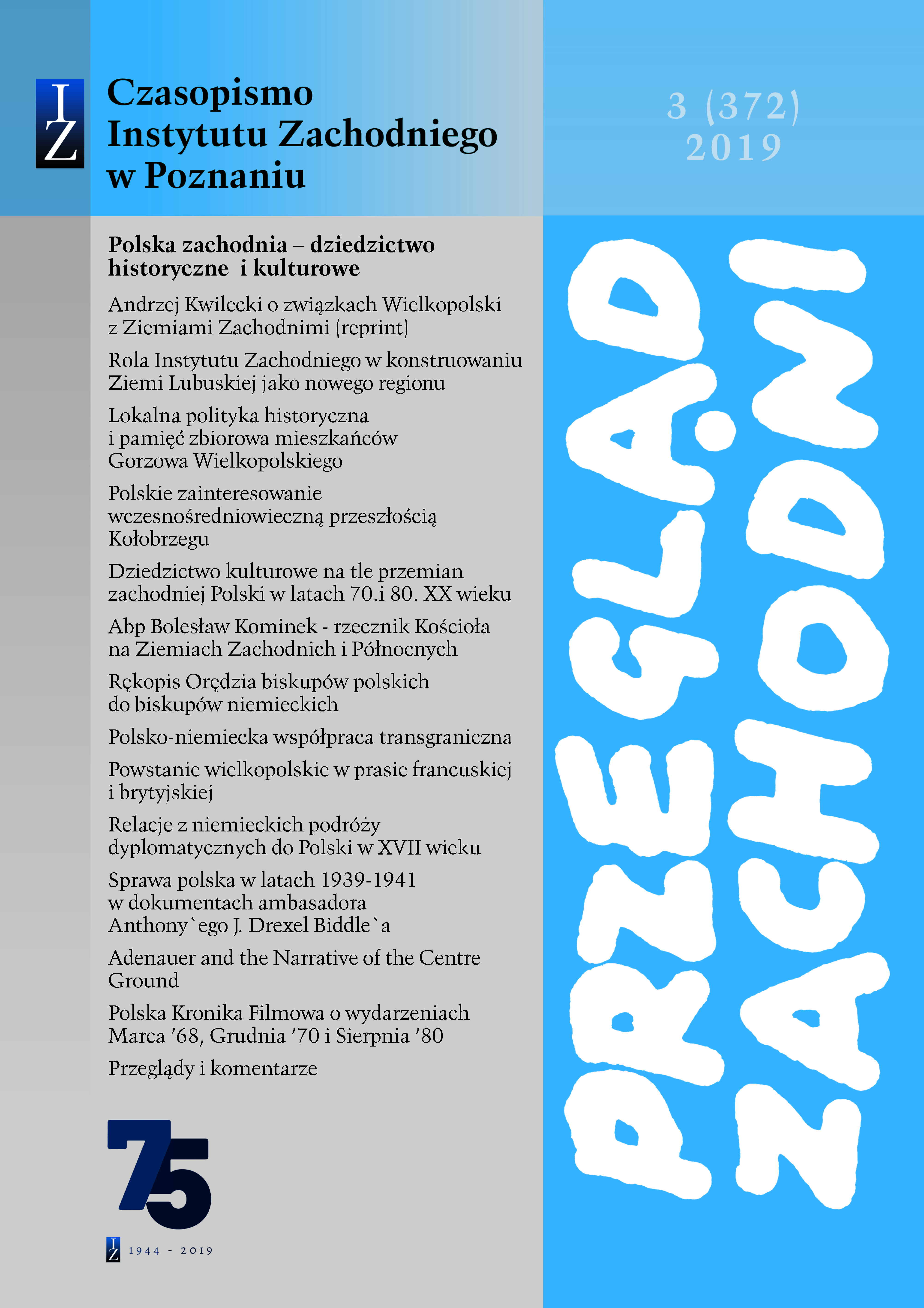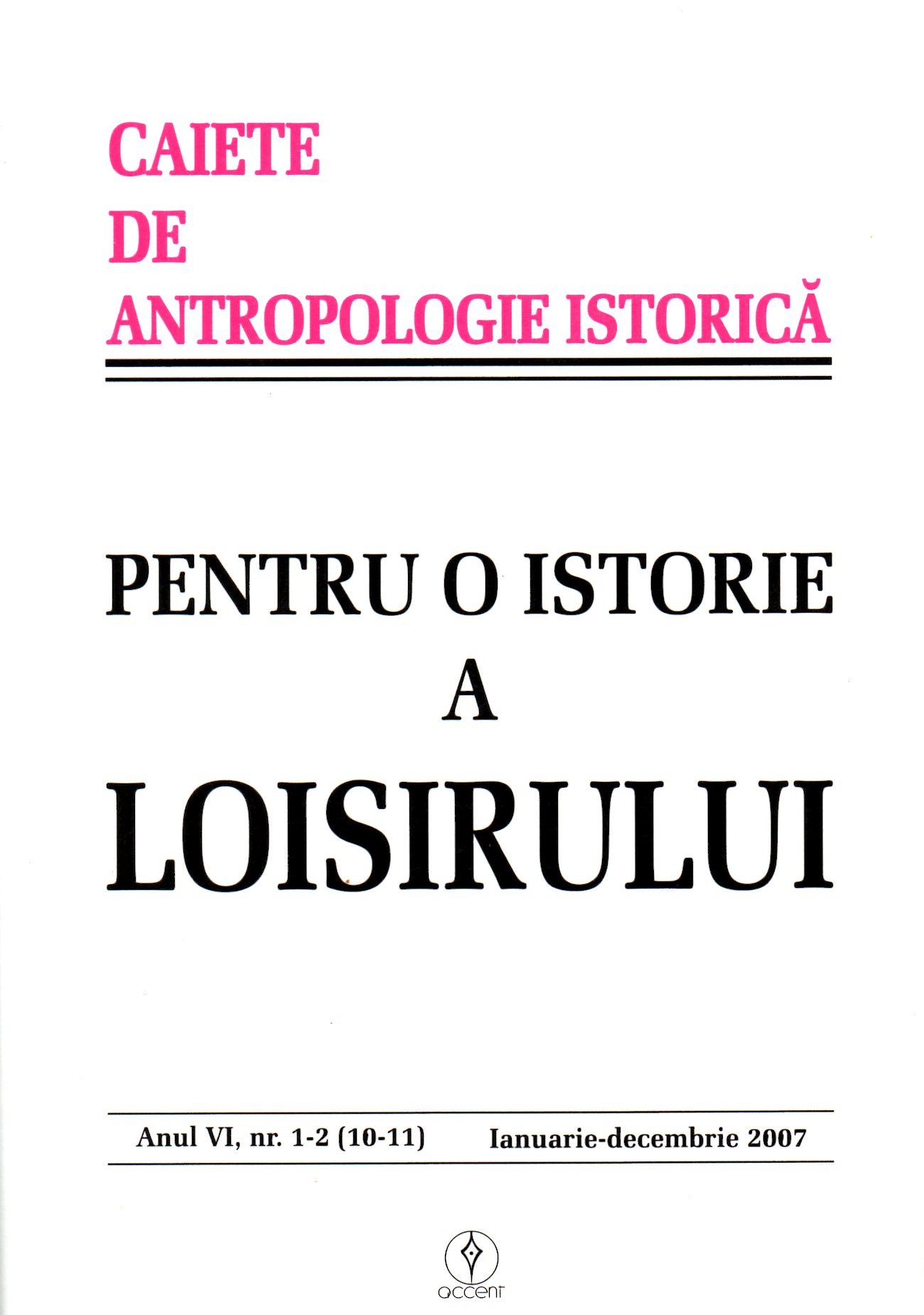Author(s): Zbigniew Anusik / Language(s): Polish
Issue: 2/2016
The princes Jerzy and Krzysztof Zbaraski were descendants of the old and very wealthy magnates family. Their education, wealth and mental qualities predestined them to play an important role in the political arena. Reluctance on the part of Sigismund III made, however, that the two brothers found themselves in the ranks of the opposition. As owners of large estates in the South-Eastern borderlands, the princes have to be interested in both the situation in Ukraine, as well as relations with neighboring countries in this region of the Polish Republic. In the middle of the second decade of the seventeenth century, they fell into conflict with the hetman Stanislaw Żółkiewski. They believed that the policy of hetman in borderlands leads to war with Turkey. Zbaraski brothers advocated the maintenance of peace with the Sultan. Their relation to the Ottoman Empire did not change until the end of their lives. Maintaining peaceful relations with Turkey they regarded as one of the priorities of the foreign policy of the Polish Republic. On the issue of relations with the Crimean Khanate the princes Zbaraski looked through the prism of Turkish politics. They regarded rulers of Crimea as performers of the policy of Istanbul and sultan tool to exert pressure on the Polish Republic. They were in favor of not to provoke Tartars. But both of them took an active part in the fight against Tartar s invasions. In the fight against the Tatars they were ready to use the help of the Cossacks. In the years 1624–1628 the Zbaraski brothers supported the idea of intervention in the internal affairs of the Crimean Khanate. They believed that fueling the civil war in the Crimea will be in every way beneficial to the interests of the Polish Republic. Very interesting was also the attitude of Zbaraski brothers to the Cossacks. Both princes believed Cossacks as the rebels, destroyers of internal order and adventurers provoking conflicts with Turkey. They do not accept the policy of tolerance towards Cossacks in the period before Cecora. After Khotyn war they urged Cossacks to stop their trips to the Black Sea. The both brothers quickly recognized the danger posed by an alliance of Orthodox bishops and the Cossacks. They found it as a serious threat to the interests of the Polish Republic in Ukraine. The princes Zbaraski referred to the Cossacks with a sense of superiority and contempt. Appreciated, however, their military force. The Zbaraski brothers advocated a policy of hard hand against the Cossacks. Prince Jerzy has repeatedly stated that the Cossacks do not need any committee, but a sword. However, the princes of Zbaraż feel awe in front of a large and valiant Cossacks army. They feared the destruction of their landed estates. After the conclusion of the Treaty of Kurukove they opted, however, for strict compliance with its terms. Relatively little attention devoted Zbaraski brothers to the situation in the Danubian principalities – Moldavia and Wallachia. But both brothers carefully watched the actions of the ruler of Transylvania – Bethlen Gabor. The paradox seems the fact that after the death of Krzysztof, when he was the most powerful magnate in the South-Eastern borderlands of the Republic, Jerzy Zbaraski was much less interested in the situation in that region. His attention was absorbed at that time by completely different problems. It is in this context to note that even earlier the issue of the problems of the South-Eastern borderlands of Polish Republic were not the main subject of the interest of the Zbaraski brothers. Both princes were politicians who tried to influence the whole, as well internal and foreign policy of the state. Because of that reason they followed and commented all the most important events that have taken place in the Central and Eastern Europe in the second and third decade of the seventeenth century. / Książęta Jerzy i Krzysztof Zbarascy byli potomkami starej i ogromnie bogatej rodziny magnackiej. Ich wykształcenie, majątek i walory umysłowe predestynowały ich do odgrywania ważnej roli na arenie politycznej. Niechęć ze strony Zygmunta III sprawiła jednak, że obaj bracia znaleźli się w szeregach opozycji. Jako właściciele wielkich majątków na kresach, książęta z natury rzeczy musieli być zainteresowani zarówno sytuacją na Ukrainie, jak i stosunkami z państwami graniczącymi w tym regionie z Rzecząpospolitą. W połowie drugiego dziesięciolecia XVII w. popadli w konflikt z hetmanem Stanisławem Żółkiewskim. Uważali bowiem, że polityka hetmana na kresach prowadzi do wojny z Turcją. Zbarascy opowiadali się natomiast za utrzymaniem pokoju z sułtanem. Swojego stosunku do państwa Imperium Osmańskiego nie zmienili do końca życia. Utrzymanie pokojowych stosunków z Turcją uważali za jeden z priorytetów polityki zagranicznej Rzeczypospolitej. Na kwestię stosunków z Chanatem Krymskim książęta Zbarascy patrzyli przez pryzmat polityki tureckiej. Władców Krymu uważali za wykonawców polityki Stambułu i narzędzie służące sułtanom do wywierania nacisku na Rzeczpospolitą. Opowiadali się za tym, by nie prowokować Tatarów. Brali jednak czynny udział w zwalczaniu najazdów tatarskich. W walce z Tatarami gotowi byli wykorzystać pomoc Kozaków. W latach 1624–1628 bracia Zbarascy poparli pomysł interwencji w wewnętrzne sprawy Chanatu Krymskiego. Uważali bowiem, że podsycanie wojny domowej na Krymie będzie pod każdym względem korzystne dla interesów Rzeczypospolitej. Bardzo ciekawy był też stosunek braci Zbaraskich do Kozaczyzny. Obaj książęta uważali Kozaków za buntowników, burzycieli porządku wewnętrznego i awanturników prowokujących konflikty z Turcją. Nie akceptowali polityki pobłażania Kozakom w okresie przed Cecorą. Po Chocimiu nakłaniali Kozaków do zaprzestania wypraw na Morze Czarne. Obaj bracia bardzo szybko dostrzegli niebezpieczeństwo, jakie stanowił sojusz prawosławnych władyków z Kozaczyzną. Uznali go za poważne zagrożenie dla interesów Rzeczypospolitej na Ukrainie. Książęta Zbarascy odnosili się do mołojców z poczuciem wyższości i z pogardą. Doceniali jednak siłę wojskową Kozaczyzny. Bracia Zbarascy opowiadali się za polityką twardej ręki wobec Kozaków. Książę Jerzy wielokrotnie powtarzał, że na Kozaków nie trzeba żadnych komisji, tylko szabli. Niemniej książęta ze Zbaraża czuli respekt przed liczną i bitną armią kozacką. Bali się zniszczenia swoich majątków. Po zawarciu ugody kurukowskiej opowiedzieli się jednak za rygorystycznym przestrzeganiem jej warunków. Stosunkowo niewiele uwagi poświęcali natomiast Zbarascy sytuacji w księstwach naddunajskich – Mołdawii i Wołoszczyźnie. Śledzili zaś poczynania władcy Siedmiogrodu – Bethlena Gabora. Paradoksem wydaje się to, że po śmierci Krzysztofa, kiedy został najpotężniejszym latyfundystą na kresach Rzeczypospolitej, Jerzy ks. Zbaraski w dużo mniejszym stopniu interesował się sytuacją w tamtym regionie. Jego uwagę absorbowały bowiem w tym czasie zupełnie inne problemy. Warto w tym kontekście zaznaczyć, że również wcześniej problematyka pogranicza południowo-wschodniego nie stanowiła bynajmniej głównego przedmiotu zainteresowania braci Zbaraskich. Byli oni bowiem politykami, którzy próbowali wpływać na całokształt tak wewnętrznej, jak i zagranicznej polityki państwa, śledząc i komentując na bieżąco wszystkie najistotniejsze wydarzenia, które rozgrywały się w Europie Środkowo-Wschodniej w drugim i trzecim dziesięcioleciu XVII w.
More...

